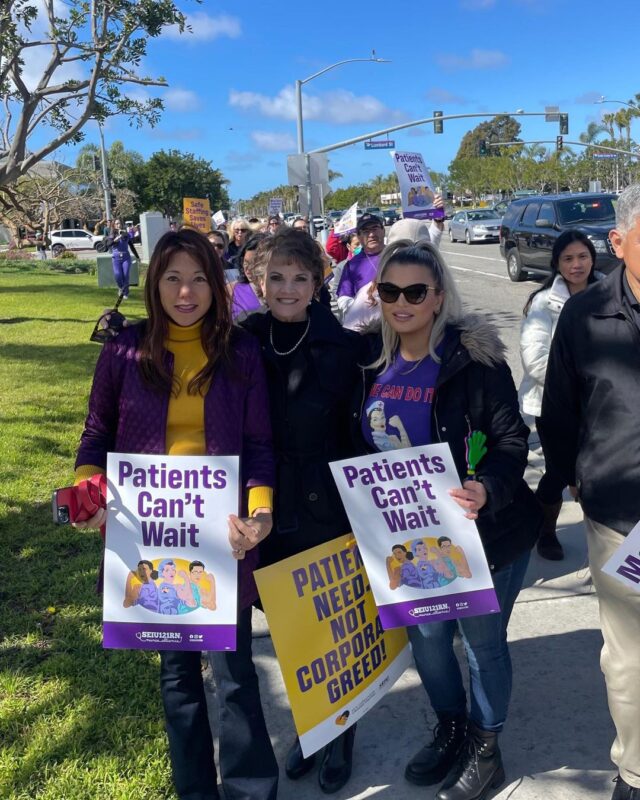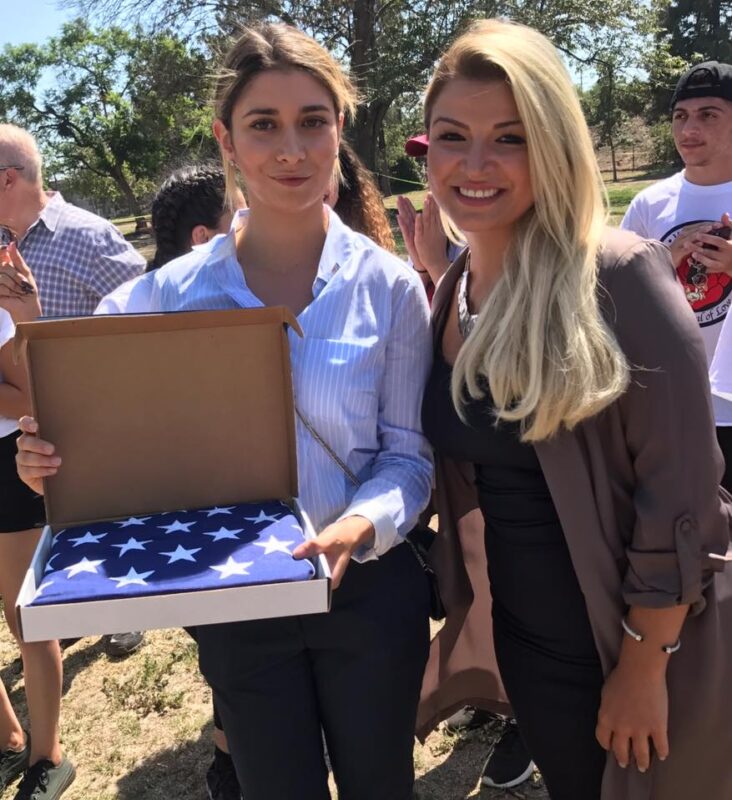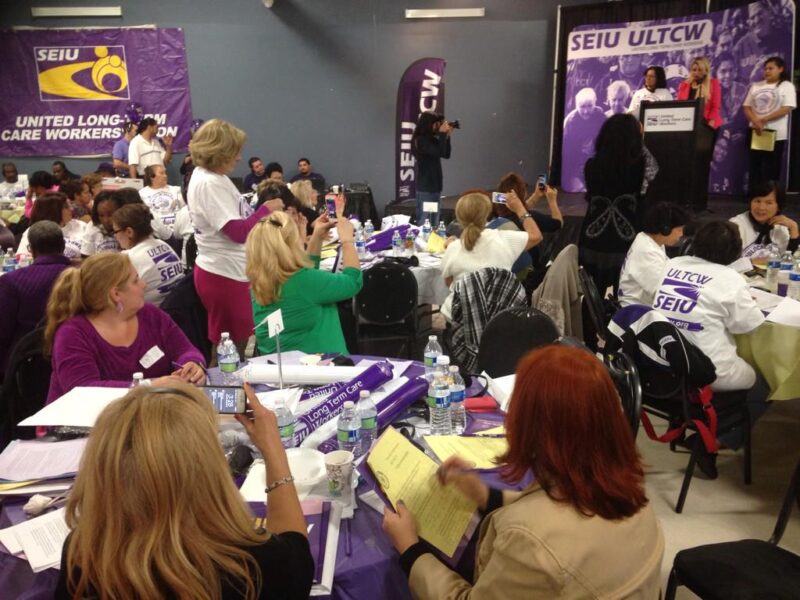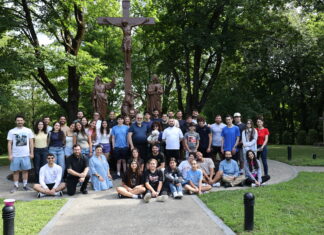WATERTOWN — Labor unions have a long history, stretching back in one form or another to ancient times. In the United States, modern labor unions began as an attempt to improve conditions for workers during the start of the Industrial Revolution. Astine Suleimanyan may well be the highest-ranking Armenian in the labor movement in the United States at present, as she is the political director for Service Employees International Union (SEIU) Local 121RN, an alliance of nurses and healthcare professionals in Southern California, with headquarters in Pasadena.
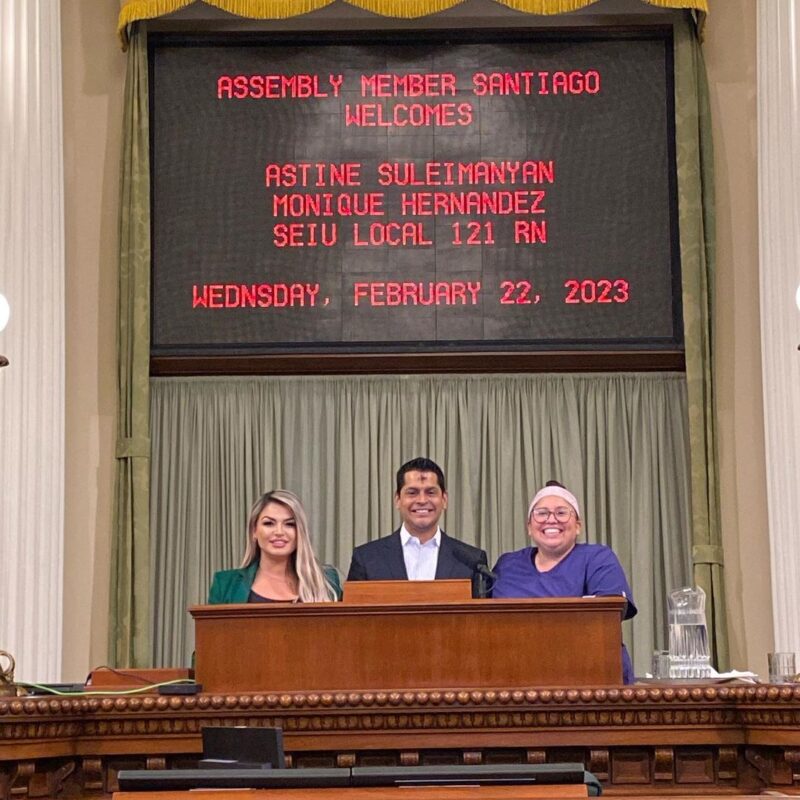
Each local union only has one political director, so this is an influential position, especially if the local is a larger influential one like Local 121RN. Suleimanyan said, “The political directors are basically the political leaders of the union. I am the one that figures out what to lobby, what bills are a priority. Obviously I work with our members and we work with our team, but I am the one that pushes it forward. I work with the lobbyist in Sacramento and I am the one that works with International [the top union leadership]. I am basically the connection from labor to our sister locals, out state affiliates, our national affiliates, politicians and all organizations.”
The Union Way
Suleimanyan was born in Abovyan, Armenia, and was five years old when her family moved to Glendale in the late 1980s. She said that in college she, like many Armenians, aspired to go into the medical field, but she had been involved in local politics since she was 15 years old. For example, she knocked on doors for Paul Krekorian’s first schoolboard campaign in Burbank, when Adrin Nazarian was campaign manager. She also volunteered for the Armenian National Committee (ANCA) Western Region.
As an undergraduate at the University of California, Irvine (2004-2007) she switched her major to women’s studies and learned about the labor movement. She wanted to work for the American Civil Liberties Union. She did an ANCA internship and this helped her become an ACLU field assistant in Washington. She worked there on the Lilly Ledbetter Fair Pay Act, helping lobbyists push it (it was signed into law in January 2009). It was during this work that she met people in labor organizations such as AFSCME [American Federation of State County and Municipal Employees] and SEIU International, which today has over 2 million members across the US and Canada. After three years in Washington, she wanted to return home to California, and began working there for SEIU International with a one-year contract.
In this job, she said she traveled all around the country. She was in Milwaukee, Wis. for four months, organizing the community there against Governor Scott Walker, who was trying to get rid of unions. She added she joined a march of 100,000 people to Madison, with the teachers union and slept in the capitol as part of the civil disobedience movement. She next went to Ohio and many red states, to oppose efforts to get rid of collective bargaining.




